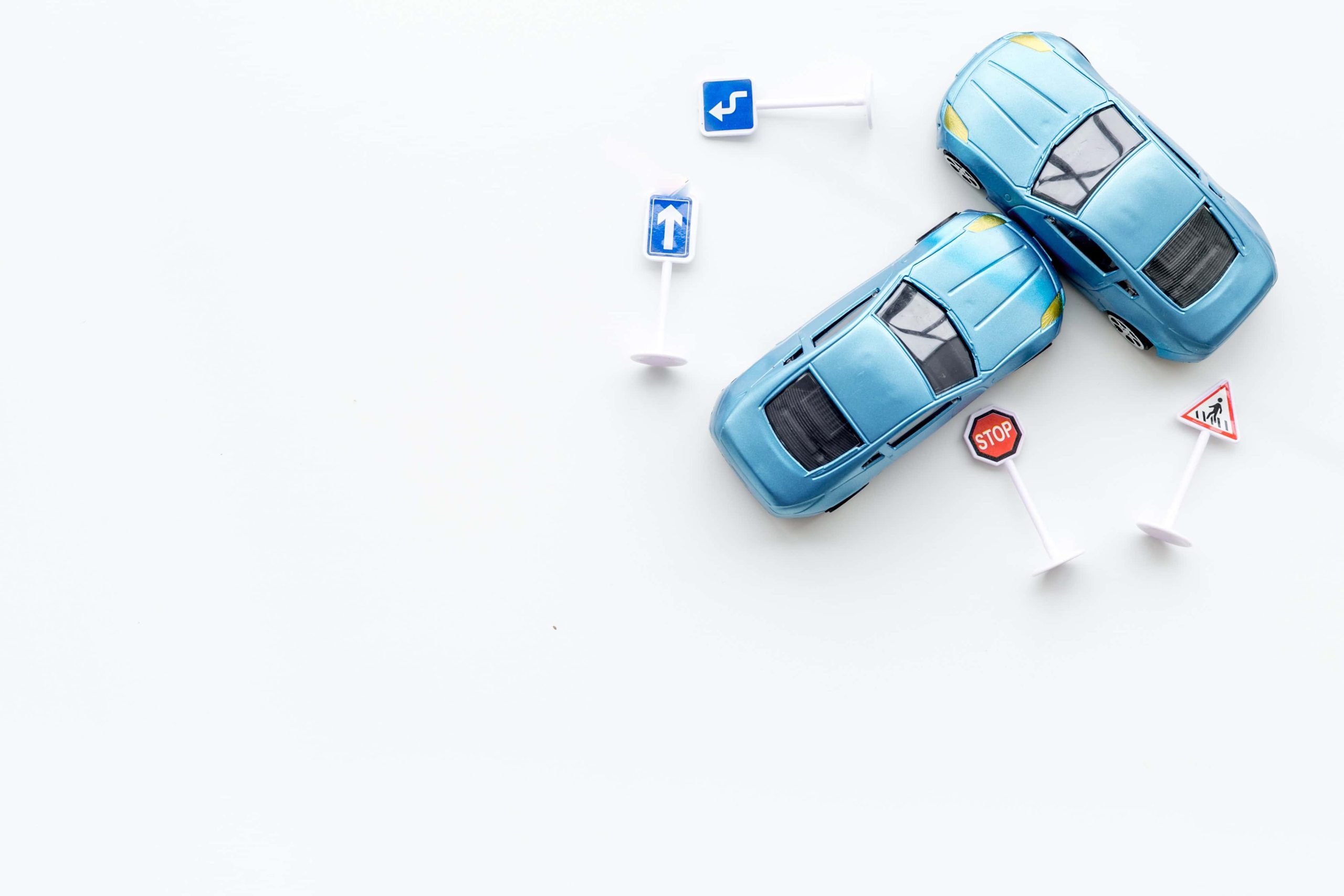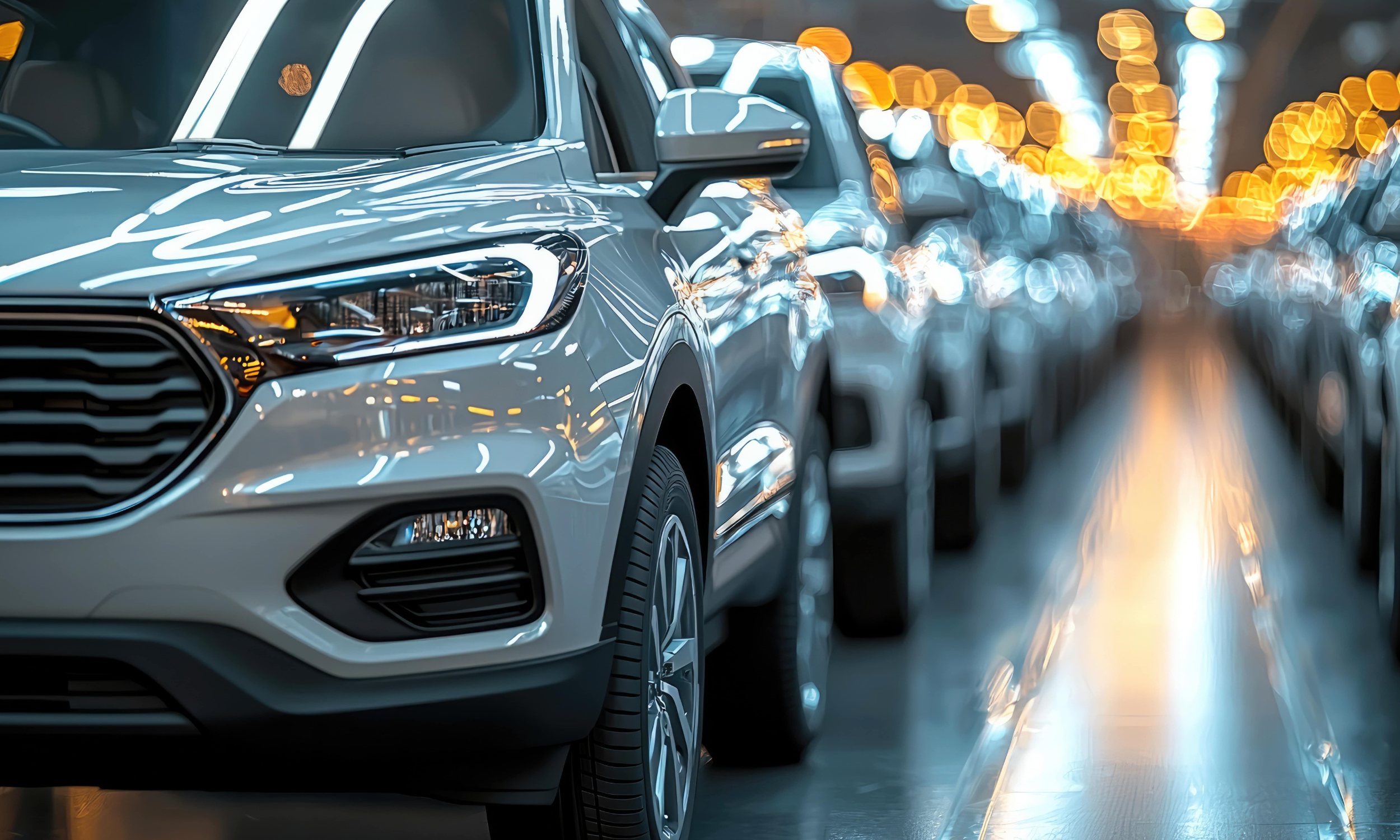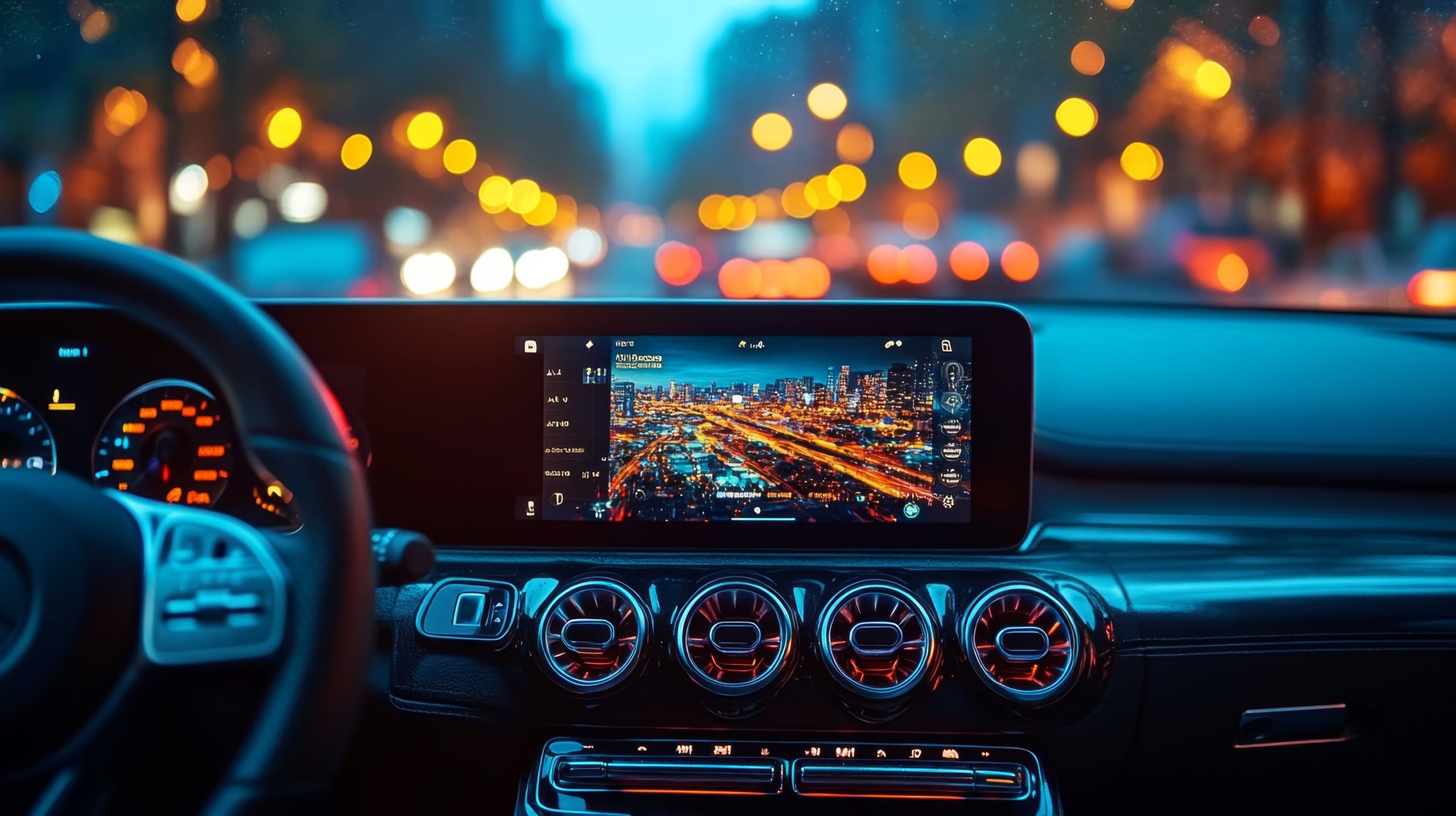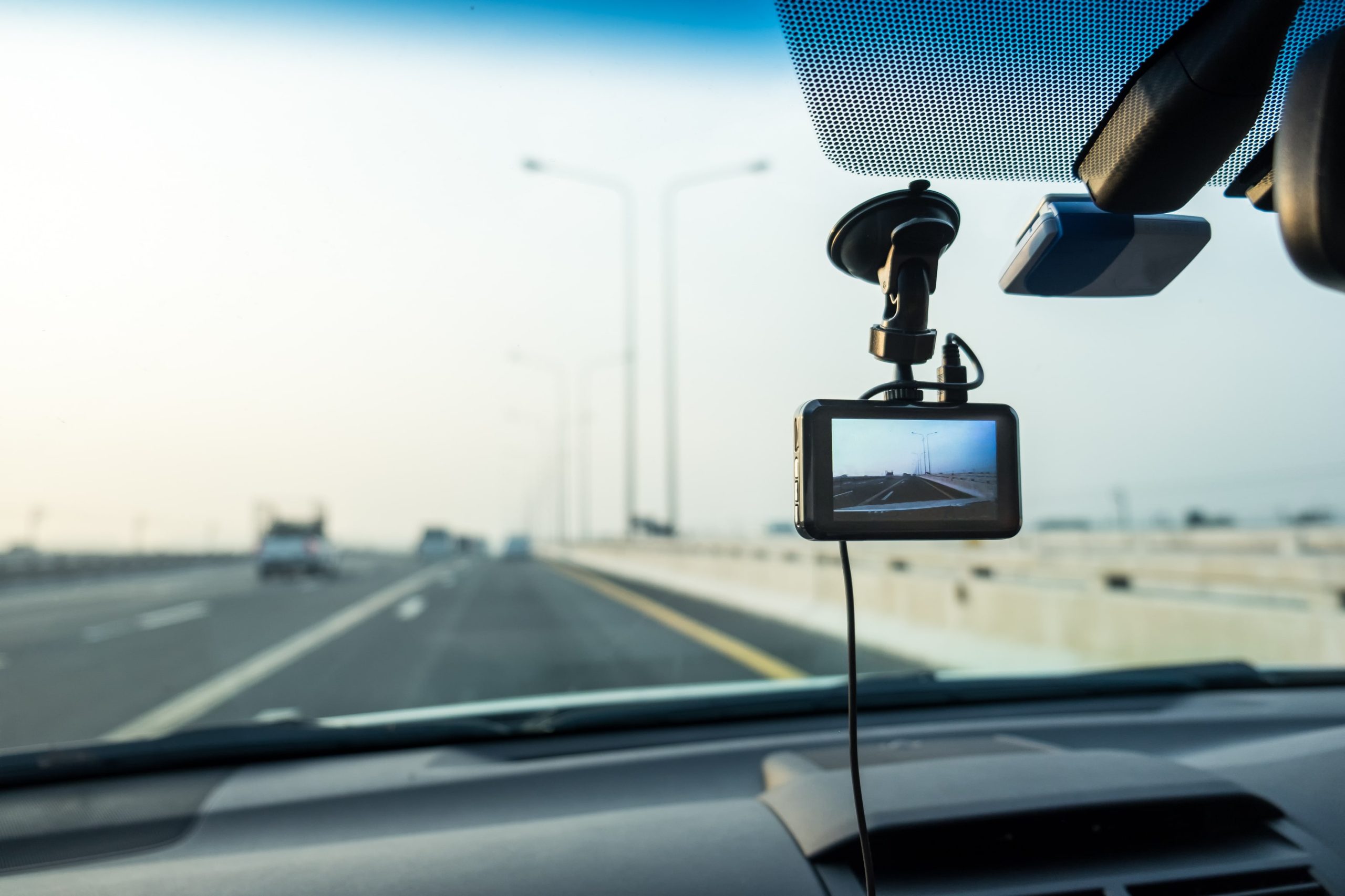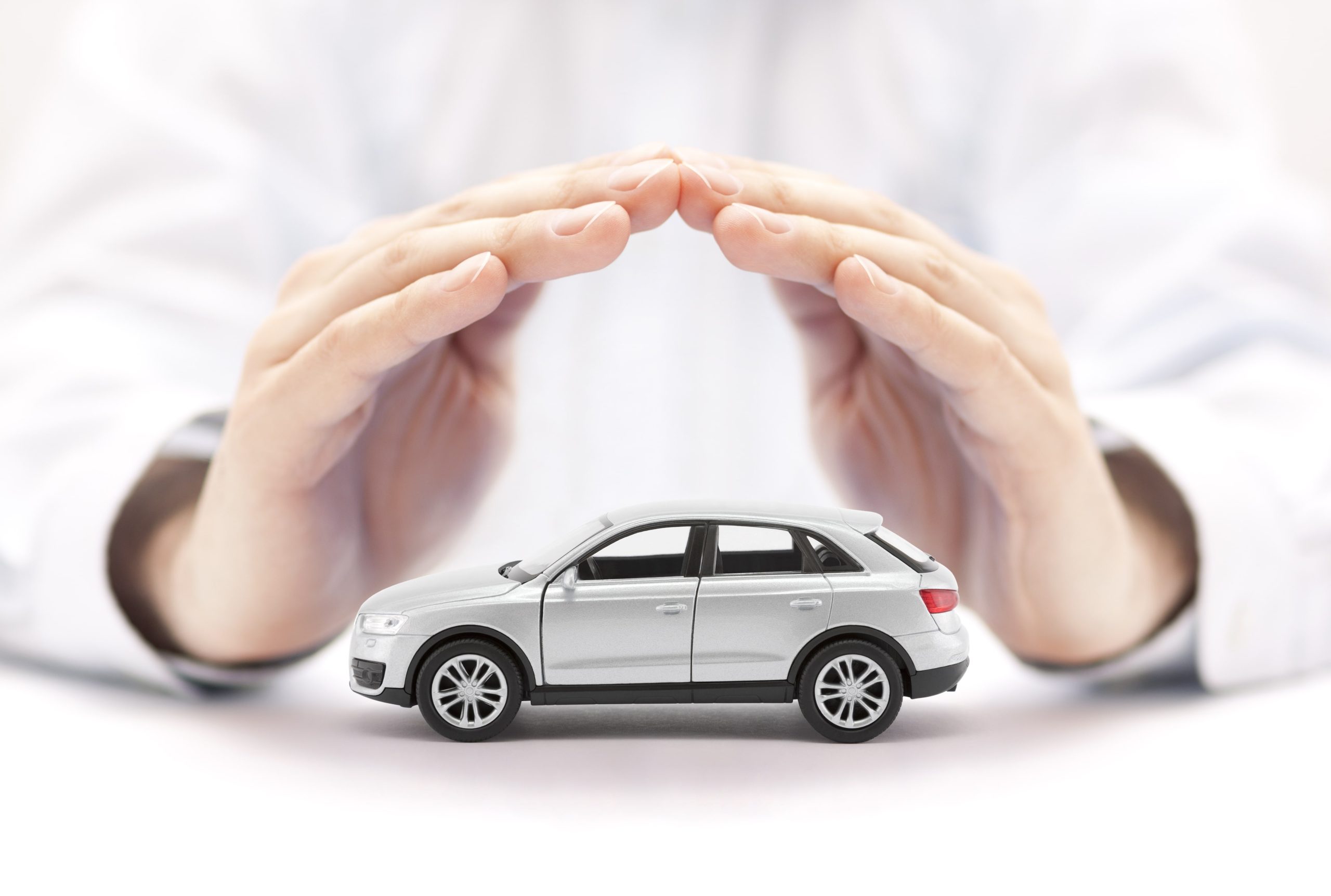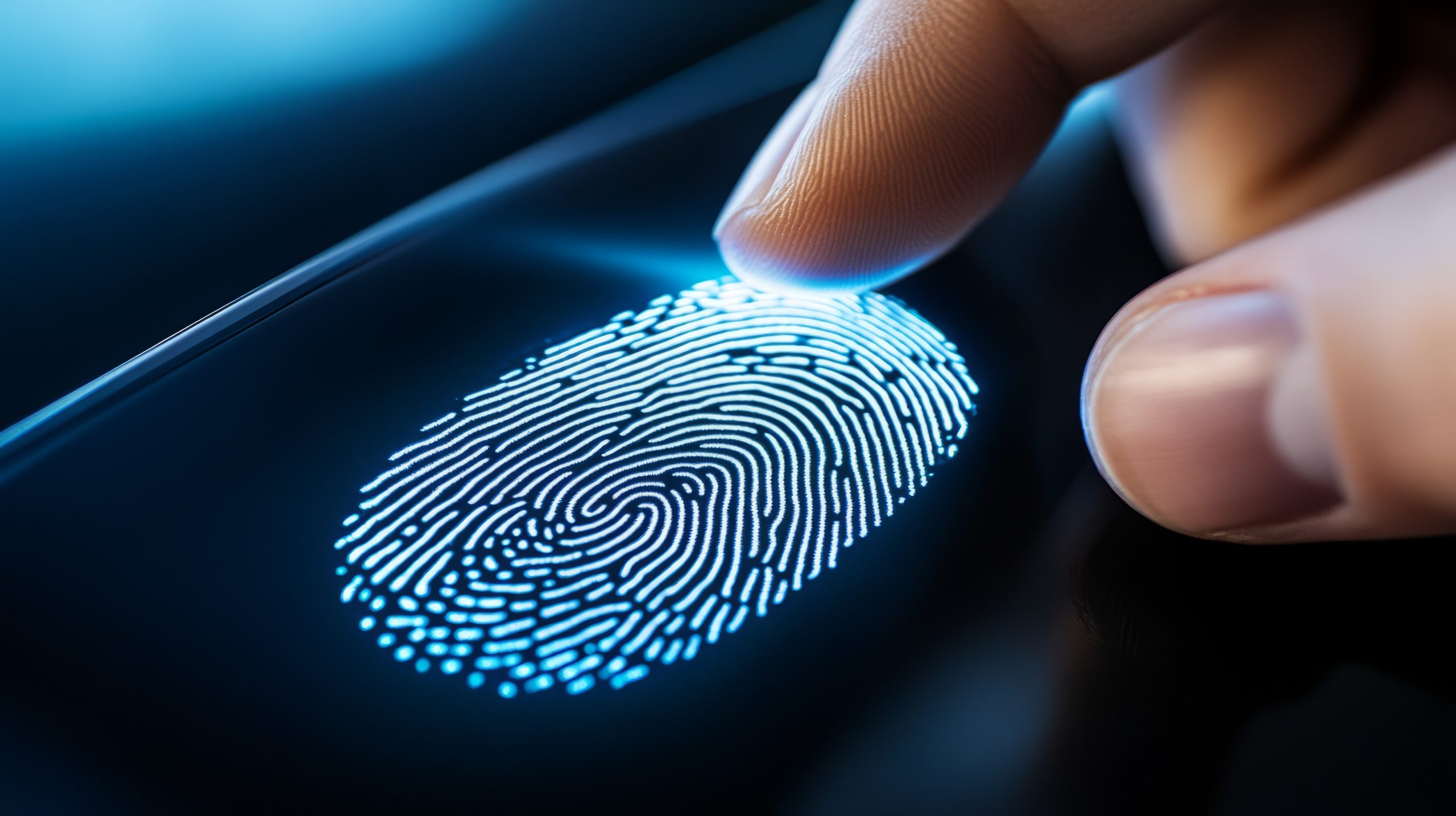Imagine being in an automobile accident where the other driver is uninsured. Now you’re stuck with the bill for something that wasn’t your fault. Many drivers on the road lack insurance overall or have less than enough coverage.
You have no control over what other people do, even if you drive well and according to the law. And if they’re not prepared, you’ll want to make sure you are. That’s where this often-overlooked protection comes in. It can make a big difference when you least expect it.
Uninsured Motorist Coverage 101
Imagine getting hit by someone who can’t pay for the damage they caused. Now, that is a real pain! However, that’s where uninsured motorist coverage comes in. It aims to offer financial responsibility when the other driver can’t. This could be a huge difference when it comes to how you deal with the aftermath.
This coverage can assist in covering missed income, medical costs, and even auto damage. It works similarly to a safety net in situations where the other motorist is unable or unwilling to accept responsibility.
What Can This Coverage Handle?
If you’re ever hit by a driver who doesn’t have insurance (or doesn’t have enough), uninsured motorist coverage may be able to help. It aims to step in to cover medical costs for you and your passengers, and could also pay for damage to your vehicle. Essentially, it’s there to protect you when the other driver can’t do their end of the deal.
Depending on where you live, your uninsured/underinsured motorist insurance may be separate or combined. It may include up to four types of coverage:
- Uninsured Motorist Bodily Injury (UMBI): Offers financial support for medical care if you or your passengers are hurt in an accident caused by someone who lacks insurance.
- Uninsured Motorist Property Damage (UMPD): Helps cover the cost of fixing your car if it’s hit by a driver who doesn’t carry auto insurance.
- Underinsured Motorist Bodily Injury (UIMBI): Kicks in to cover medical treatment when the at-fault driver’s insurance isn’t enough to handle the full extent of your injuries.
- Underinsured Motorist Property Damage (UIMPD): May help cover repair costs if your car is hit by someone whose insurance falls short.
Keep in mind that some states might have a deductible for UMPD/UIMPD, but UMBI/UIMBI usually doesn’t. Be sure you understand the details and liability limits of your policy and your state.
Does Uninsured Motorist Insurance Cover Hit-and-Run Accidents?
Yes, you can make a claim under your policy’s uninsured motorist coverage if a driver hits your vehicle and leaves. A hit-and-run can be scary. Knowing you have coverage can ease your worries, especially if you sustain injuries.
In some states, UMPD will not cover hit-and-run incidents. So you’d need collision coverage to cover the damage to your car from a hit-and-run driver. If you have questions about this, you can ask your car insurance company to learn more about your coverage options.
Do You Actually Need UM Coverage?
Not all states require uninsured motorist coverage. Even if it’s not required where you live, it’s still a good idea to have it to cover damages. Make sure you are in compliance with financial responsibility standards and thresholds. However, more drivers may be considering this coverage due to the amount of safety net they get.
How Much UM Coverage Do I Need?
You often get to choose your insurance limits. Consider matching the amount of your liability coverage for bodily injury coverage. Ask your insurance agent because in some places, that may be your only choice.
Aim to select a maximum for UMPD that is nearly equal to the worth of your vehicle. So let’s say your vehicle is worth $18,000. You would want to consider obtaining that much UMPD coverage, especially if you don’t have collision insurance. Every state is different, and there are many factors to consider when figuring out the right limits for your particular needs.
Making Informed UM Coverage Decisions
Here are some tips when choosing UM Coverage:
- Assess Your Needs: Evaluate your individual risk factors and coverage needs to determine appropriate policy limits.
- Shop Around: Compare UM coverage options from multiple insurers to find the best rates and policy terms.
- Seek Professional Guidance: Speak with an insurance expert who can assist you navigate the process and make wise choices.
Bottom Line
Being in an accident is tough on its own—you shouldn’t have to worry about whether the other driver has insurance. Unfortunately, some drivers don’t carry enough coverage, and others have none at all. That’s where uninsured motorist coverage comes in. It helps shield you from the financial burden of crashes caused by underinsured or uninsured drivers.
Whether it’s paying for injuries or fixing your car, this coverage can be a huge help. It’s a wise strategy to remain ahead of the game and steer clear of financial pitfalls. Spend some time learning about your alternatives and selecting the protection that best suits your needs.
